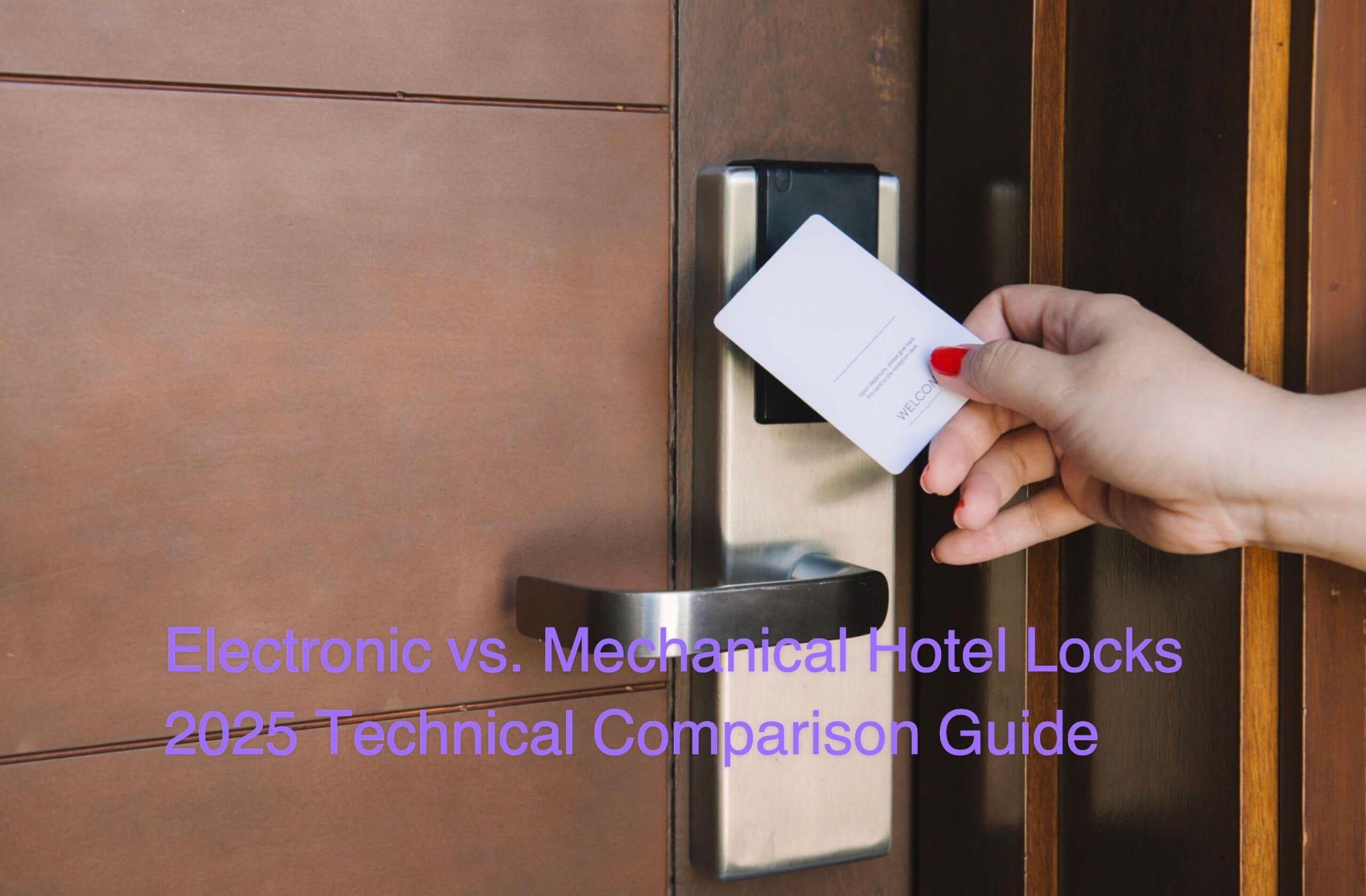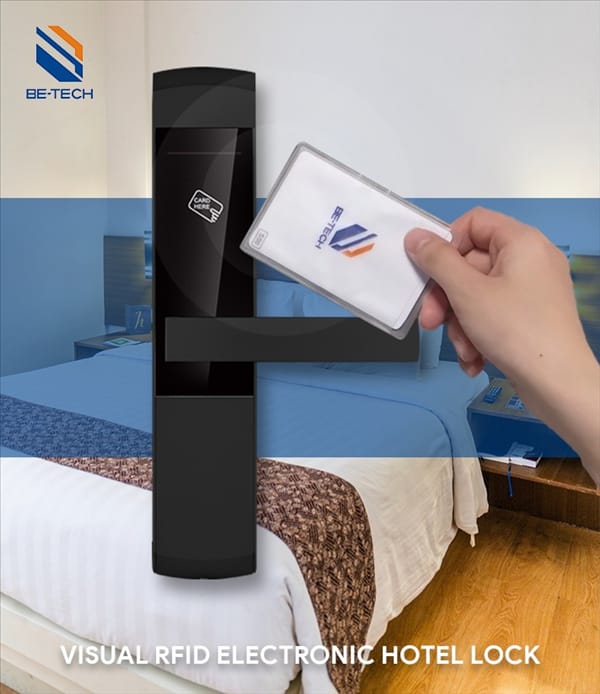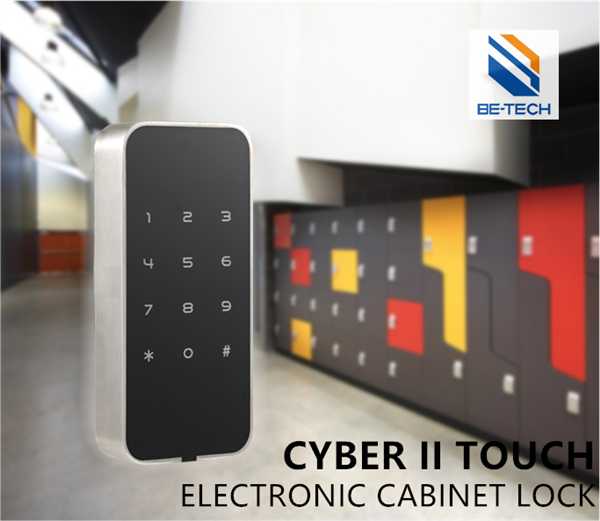In today’s rapidly evolving business landscape, security is a top priority for organizations of all sizes. As technology advances, traditional lock-and-key systems are being replaced by sophisticated smart locks that offer enhanced security, convenience, and flexibility. For system integrators, understanding how to effectively integrate smart locks into existing business security systems is crucial to meeting clients’ needs and staying ahead of the competition.
At Be-tech Locks, we specialize in providing cutting-edge smart lock solutions for businesses across various industries. Our expertise in the field has allowed us to develop a comprehensive guide to help system integrators navigate the process of integrating smart locks into their clients’ security systems.
The Benefits of Smart Locks for Businesses
Before diving into the integration process, it’s essential to understand the key benefits that smart locks offer businesses:
- Enhanced Security: Smart locks use advanced encryption and authentication methods to prevent unauthorized access, providing a higher level of security compared to traditional locks. Features like biometric authentication, tamper alerts, and real-time monitoring ensure that only authorized individuals can enter secure areas.
- Convenient Access Control: With smart locks, businesses can easily manage access permissions for employees, visitors, and contractors. Administrators can grant or revoke access remotely, set time-based restrictions, and generate temporary access codes, streamlining the access control process.
- Audit Trails and Reporting: Smart locks provide detailed logs of all access events, including who entered, when, and for how long. This information is invaluable for auditing purposes, investigating security incidents, and ensuring compliance with industry regulations.
- Integration with Existing Systems: Smart locks can seamlessly integrate with other security systems, such as video surveillance, alarm systems, and visitor management software. This integration allows for a more comprehensive and efficient security solution.
- Cost Savings: By eliminating the need for physical keys and reducing the risk of lockouts, smart locks can help businesses save on costs associated with key management and locksmith services. Additionally, the automated nature of smart locks can improve operational efficiency, freeing up resources for other critical tasks.
Choosing the Right Smart Lock
When selecting a smart lock for your clients’ business security systems, consider the following factors:
- Security Features: Look for smart locks that offer robust security features, such as encrypted communication, tamper alerts, and multi-factor authentication. Be-tech Locks’ smart hotel locks come equipped with advanced security measures to ensure the safety of guests and staff.
- Compatibility: Ensure that the smart lock is compatible with the existing security infrastructure, such as door frames, strike plates, and network protocols. Be-tech Locks offers a wide range of electronic hotel locks that are designed to integrate seamlessly with various hotel management systems.
- User Experience: Choose a smart lock with an intuitive user interface and easy-to-use mobile apps. The lock should be simple for employees to operate and for administrators to manage. Be-tech Locks’ digital door handles offer a user-friendly experience for both staff and guests.
- Scalability: Consider the scalability of the smart lock system, especially if your client’s business is expected to grow. Be-tech Locks’ solutions are designed to scale with businesses, allowing for easy expansion and reconfiguration as needed.
- Support and Maintenance: Select a smart lock provider that offers reliable customer support and maintenance services. Be-tech Locks prides itself on providing exceptional customer service to ensure that our clients’ smart lock systems remain in optimal condition.
Integration Best Practices
To ensure a successful integration of smart locks into your clients’ business security systems, follow these best practices:
- Assess the Existing Infrastructure: Conduct a thorough assessment of the client’s existing security infrastructure to identify any compatibility issues or potential challenges. This assessment will help you determine the best smart lock solution for their specific needs.
- Develop a Comprehensive Plan: Create a detailed integration plan that outlines the scope of the project, timelines, resources required, and potential risks. Involve all stakeholders, including the client’s IT department, facilities management, and end-users, to ensure everyone is on the same page.
- Prioritize Network Security: Smart locks rely on network connectivity to function properly. Ensure that the network infrastructure is secure, with appropriate firewalls, encryption, and access controls in place. Regularly monitor the network for any suspicious activity or potential breaches.
- Provide User Training: Educate end-users on how to use the smart locks effectively. Conduct training sessions to familiarize employees with the lock’s features, access methods, and troubleshooting procedures. Provide clear guidelines on security best practices, such as not sharing access codes or leaving doors propped open.
- Establish Maintenance Protocols: Develop a maintenance plan to ensure the smart locks remain in optimal condition. This may include regular firmware updates, battery replacements, and physical inspections. Establish clear protocols for reporting and addressing any issues or malfunctions promptly.
Case Studies
To illustrate the effectiveness of smart locks in enhancing business security, let’s examine a few case studies:
- Hotel Industry: A luxury hotel chain implemented Be-tech Locks’ smart hotel locks across their properties. The integration with their hotel management system allowed for seamless guest access, remote check-in, and real-time monitoring of room access. The result was improved guest satisfaction, increased operational efficiency, and enhanced overall security.
- Corporate Offices: A large corporation upgraded their office security system with Be-tech Locks’ electronic digital locks. The smart locks were integrated with their existing access control system, enabling centralized management of employee access permissions. The company experienced a significant reduction in security incidents and improved compliance with industry regulations.
- Retail Stores: A retail chain installed Be-tech Locks’ electronic cabinet locks to secure their inventory and prevent theft. The locks were integrated with their inventory management system, allowing for real-time tracking of stock levels and access events. The store saw a decrease in shrinkage and an increase in operational efficiency.
These case studies demonstrate the effectiveness of smart locks in enhancing security across various industries and showcase the importance of proper integration with existing systems.
Conclusion
Integrating smart locks into business security systems offers a host of benefits, from enhanced security and access control to improved operational efficiency and cost savings. As a system integrator, understanding the key considerations and best practices for smart lock integration is crucial to delivering effective security solutions to your clients.
By partnering with Be-tech Locks, you can leverage our expertise and cutting-edge smart lock technology to provide your clients with the highest level of security and convenience. Our commitment to innovation, quality, and customer service ensures that you can trust us to support you throughout the integration process and beyond.
As the business landscape continues to evolve, staying ahead of the curve with smart lock technology will be essential. By offering advanced security solutions that integrate seamlessly with existing systems, you can position yourself as a trusted partner in helping businesses secure their assets and protect their people.
For more information on Be-tech Locks’ smart lock solutions and how we can support your integration needs, visit our website or contact us today.









